Writing in The Washington Post on December 2, Robert Wright called on the Biden administration to press Ukraine to negotiate a settlement to the war Russia unleashed on it. That adds to a spate of articles in recent weeks urging Washington to prod Kyiv toward the negotiating table or to set a diplomatic process for settling the conflict.
Negotiations could well become necessary at some point. However, the questions of if — and when — to engage should rest with the Ukrainian government.
In February, Russian President Vladimir Putin ordered a multi-pronged invasion of Ukraine. It has run into difficult straits. The Russians retreated from Kyiv in March. More recently, Ukrainian counteroffensives drove the Russians out of Kharkiv oblast (region) and liberated Kherson city, pushing the Russians back to the east side of the Dnipro River.
As Kyiv’s military successes grew, commentators began calling for Washington to “bring Russia and Ukraine” to the negotiating table, to “lay the groundwork” for talks, and to “begin discussions” on eventual negotiations. The authors offer various reasons for doing so: that Russia might escalate; that the costs of supporting Kyiv are too high; that Ukrainian victories might make negotiations more difficult; that the Russian military might recover its footing and win; that the war could settle into a drawn-out stalemate; and that, absent a firm settlement, Ukraine would face the threat of reinvasion.
The West cannot casually dismiss the possibility of Putin escalating to use a nuclear weapon, but he has real reasons not to. Doing so would alienate the Global South and China as well as open a Pandora’s box with potentially nasty consequences for Russia. The Kremlin appears to understand that and has de-escalated the nuclear rhetoric.
Russian escalation at the conventional level to strike, for example, the routes in Poland that flow Western arms into Ukraine hardly seems plausible. The Russian General Staff has its hands full with the Ukrainian army; it does not want a fight now with NATO.
The United States and the West are spending significant sums to support Ukraine’s defense. But they are not too high given the size of Western economies and defense budgets and, in particular, in view of what the West has at stake. A Russia that wins in Ukraine could be emboldened to use force elsewhere.
The concern that Ukraine’s liberation of its territory could complicate negotiations is misplaced. That more likely would engender greater realism in the Kremlin and make serious talks more possible. As for the opposite concern, the Russian military has given no basis to believe it can regain the military initiative sufficiently to win the war.
True, the conflict could settle into a stalemate. However, that scenario does not by itself make a strong case for pushing Ukraine into an early negotiation, especially with an adversary who offers no hint of readiness to seek a middle ground in negotiations.
As for the threat of a Russian reinvasion, Ukraine would face that regardless of how the war ends — at least, as long as Putin remains in power. That threat is by no means theoretical. In 2014, the Russian military seized Crimea, and Russian and Russian proxy forces occupied part of Donbas, but the Kremlin was not content just with that.
None of the authors offer reasons to believe Moscow would negotiate in a serious manner. The Kremlin’s demands in February included demilitarization and neutrality for Ukraine plus Kyiv’s recognition of Crimea as Russian. At the end of September, despite a month of losing on the battlefield, Moscow claimed to annex four Ukrainian oblasts. After Ukrainian forces liberated Kherson, the capital of one of these regions, Putin’s spokesperson quixotically called the city “the territory of Russia.” How should Kyiv regard such a prospective bargaining partner?
Some authors, including Wright, urge talks without addressing what outcome they hope or expect to see. Others suggest a “territorial settlement” or Ukrainian “flexibility” and sound all too ready to concede Ukrainian land to Russia. That would entail consigning Ukrainians to Russian authority as well. The atrocities and war crimes committed by Russian forces in Bucha, Irpin, Izyum, Mariupol, and many other cities and towns have shown Ukrainians exactly what that would mean. Moreover, prodding the Ukrainians into negotiations in which they would accept either explicitly or de facto Russian seizure of their territory has implications well beyond Ukraine. That would legitimize Moscow’s tactics of using force, and one must wonder whether Putin’s ambitions end just with Ukraine.
The West thus should hope for Ukrainian victory and liberation of all occupied lands. However, that might not prove possible, and instead a prospect of a serious negotiation could at some point develop, offering a hope of a settlement to end the war. Even then, the Ukrainians would have to exercise caution. They would not want to allow the Russians the possibility of “negotiating” simply to buy time to reconstitute their military forces for a new offensive.
If a serious negotiation were to emerge, it would almost certainly require that Ukrainian President Volodymyr Zelensky and his government compromise on some of their conditions for peace, which include the return of all occupied territories, full reparations for the immense damage, and punishment of those responsible for war crimes. Zelensky undoubtedly shares Wright’s desire to avoid further loss of Ukrainian lives, but deciding which issues on which to give in during a negotiation would raise delicate questions. Among other things, he must take account of the attitude of Ukrainians. A late October poll showed that 86% supported continuing the fight and opposed negotiations.
Washington cannot decide these kinds of issues. The Ukrainians — the victims in this war — first have to see that they have a serious Russian bargaining partner. They themselves must conclude that the time has come to make tough decisions on compromises to end the conflict. The questions of if and when to negotiate properly should remain Kyiv’s to decide.
The Brookings Institution is committed to quality, independence, and impact.
We are supported by a diverse array of funders. In line with our values and policies, each Brookings publication represents the sole views of its author(s).

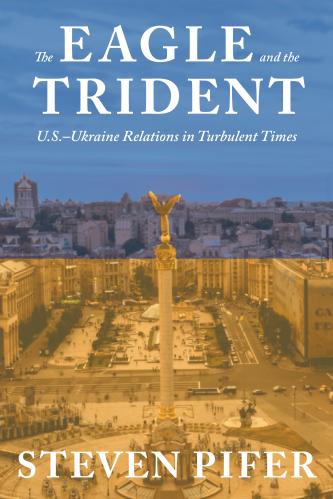
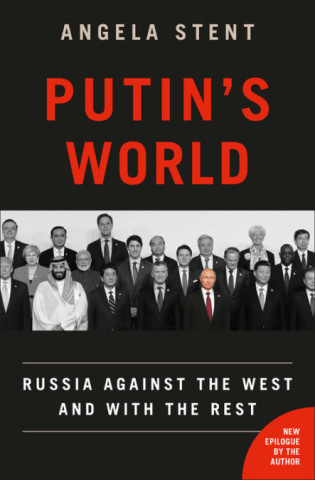
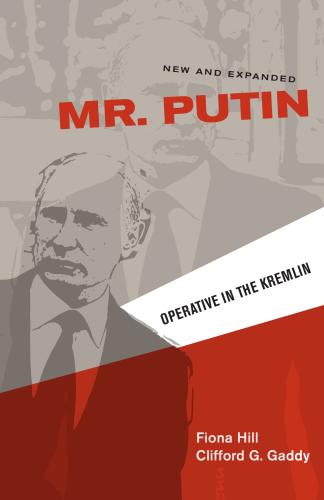
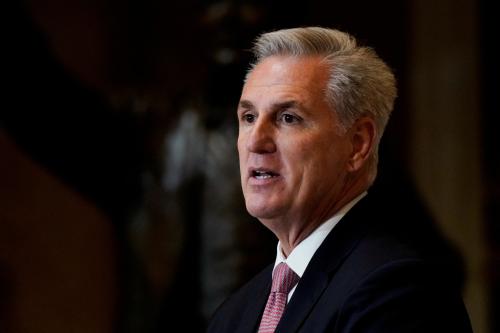
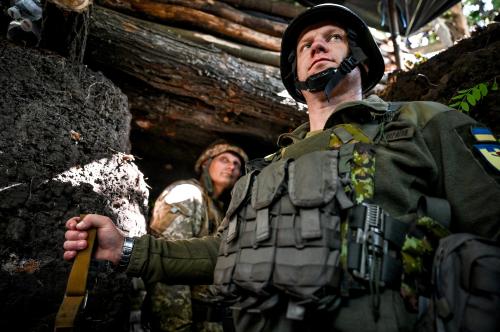
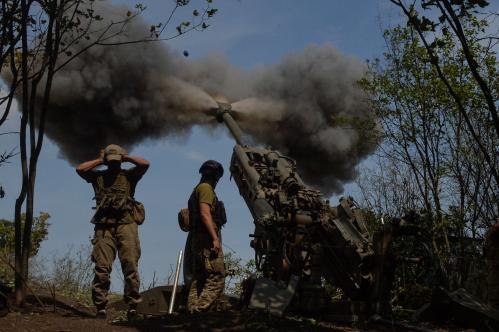




Commentary
Ukraine is the victim. Negotiations should be Kyiv’s decision.
December 6, 2022